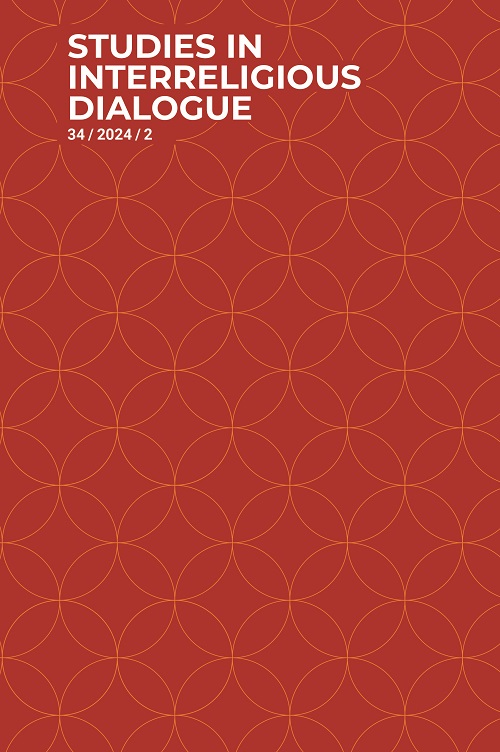 previous article in this issue previous article in this issue | next article in this issue  |

Preview first page |
Document Details : Title: Playful Religious Education - Towards Inclusive Religious Education Subtitle: A Light-Hearted Way for Young People to Develop a Religious Life Orientation Author(s): AKDAG, Muhammed , ALASAG, Alper , GÜRLESIN, Ömer , TER AVEST, Ina Journal: Studies in Interreligious Dialogue Volume: 29 Issue: 1 Date: 2019 Pages: 103-123 DOI: 10.2143/SID.29.1.3286457 Abstract : A turning point regarding the position of Muslims in western societies is, without doubt, ‘9/11’. In Europe the focus in the approach of ‘guest workers’ and their descendants changed from ethnicity to religion, in a negative way. Islamic religion in the first decades of the 21st century is often linked with radicalisation. Much is known about pull and push factors, little however is known about the prevention of radicalisation. In our pilot study (participative research, with interventions rooted in the practice of informal and formal education), we explore a Dialogical Self Theory (DST) based approach for the prevention of radicalisation. A developed module for Religious Education — ‘Playful Intra-/Inter-Religious Education’ (PIRE) aims to respond to need for Religious Education for youngsters in secondary education that prevents them from radicalization. The focal point in the module is ‘Wise men’s chess’ — a diagnostic and development-stimulating game. The game facilitates students in their explorative journey to learn more about the Islamic tradition(s), stimulates the development of their religious identity, and prevents them from taking a fixed radicalised religious position. In this contribution we inform about the developed pilot module, including an adapted version of the game ‘Wise men’s chess’. Based on the preliminary findings, we conclude that PIRE offers ample opportunities for teaching Islamic Religious Education (IRE) in the Netherlands (with a Muslim minority) and in Indonesia (with its Muslim majority), and for comparative research into the prevention of radicalisation. |
 |


